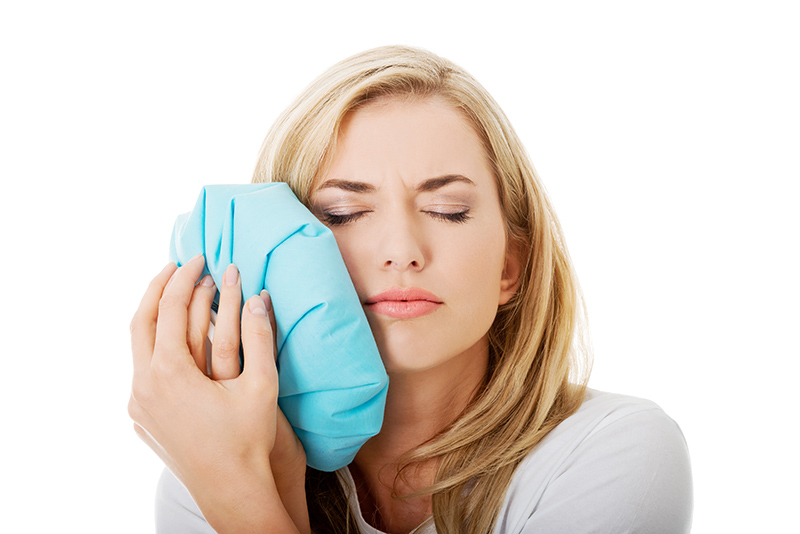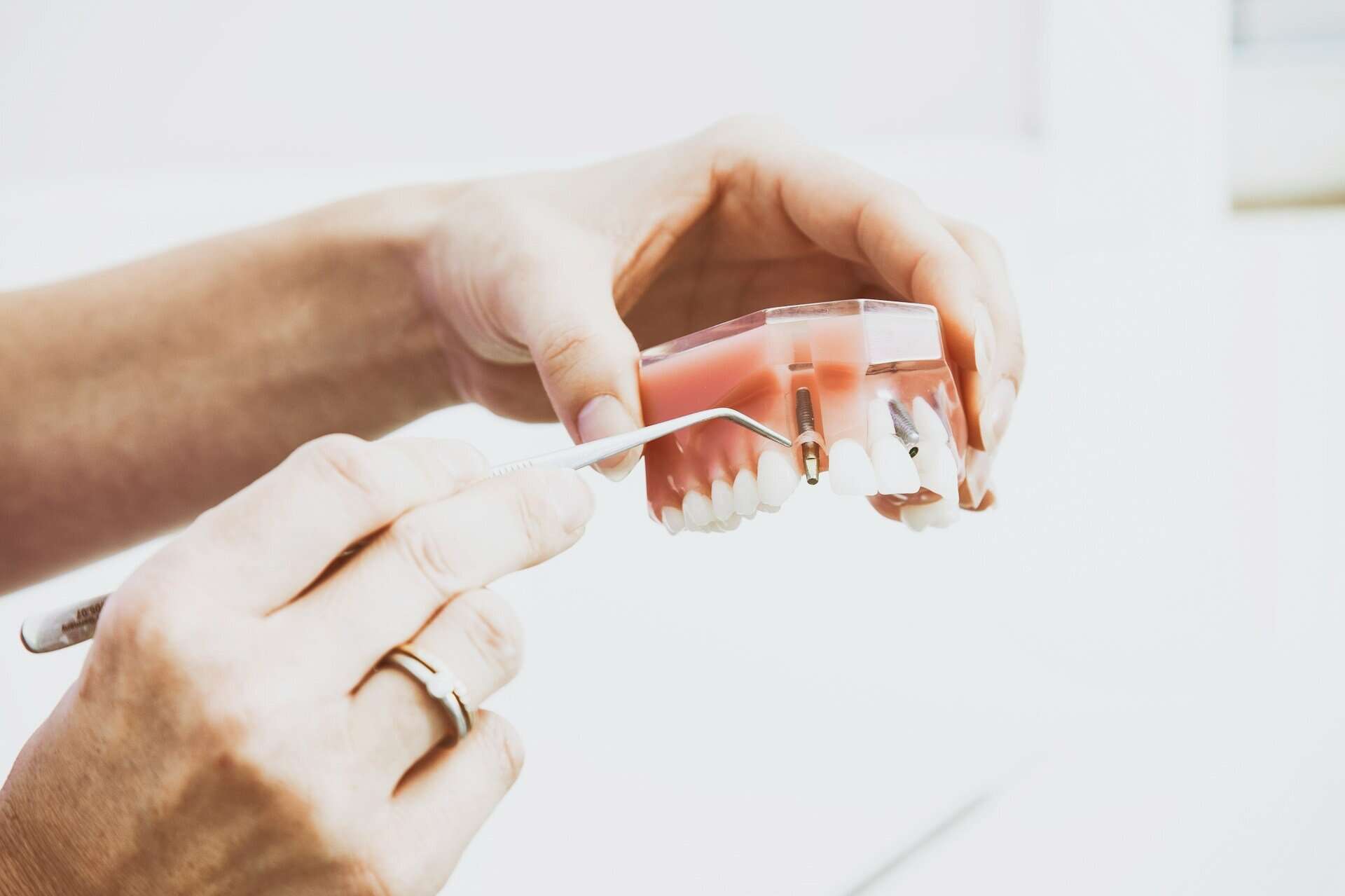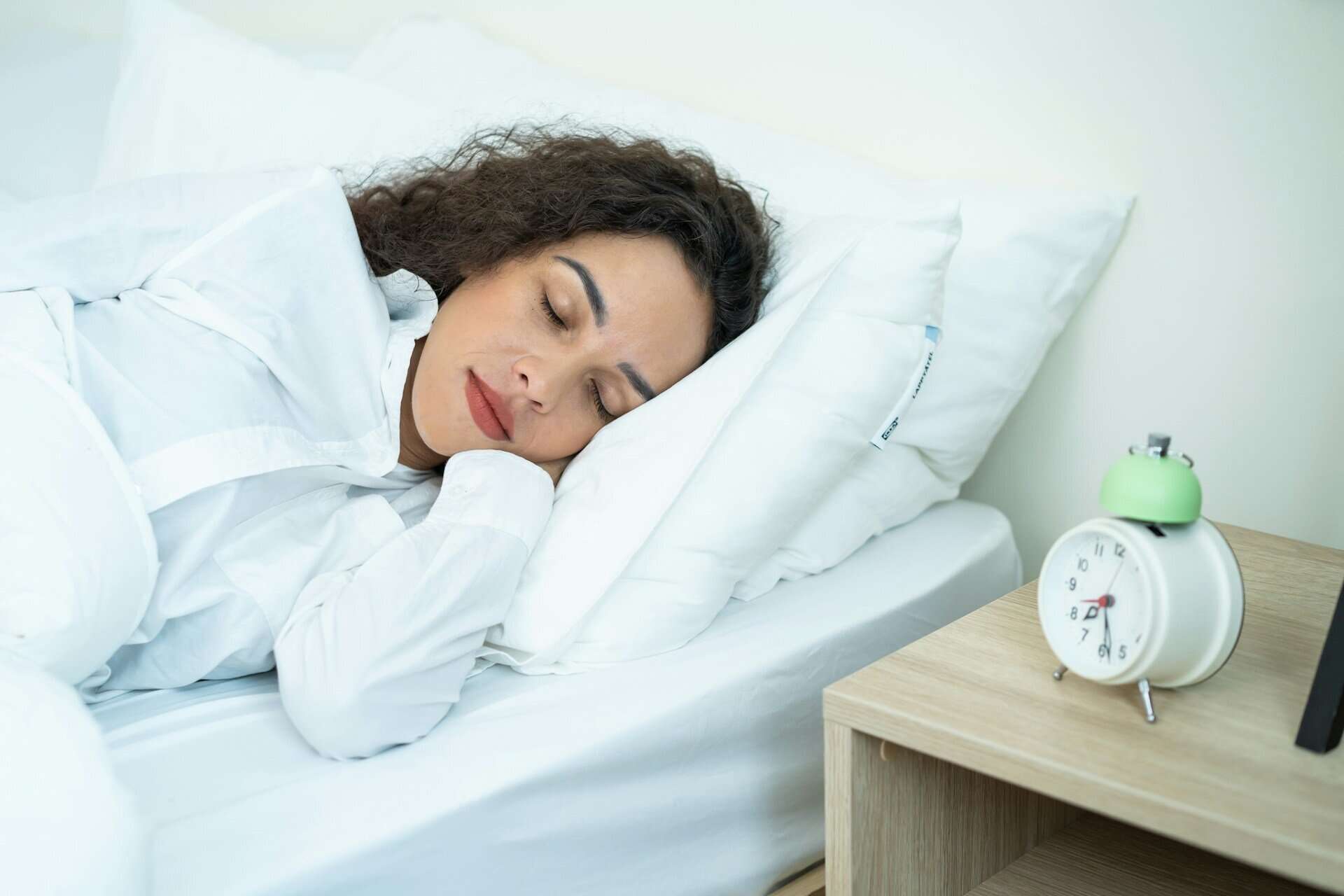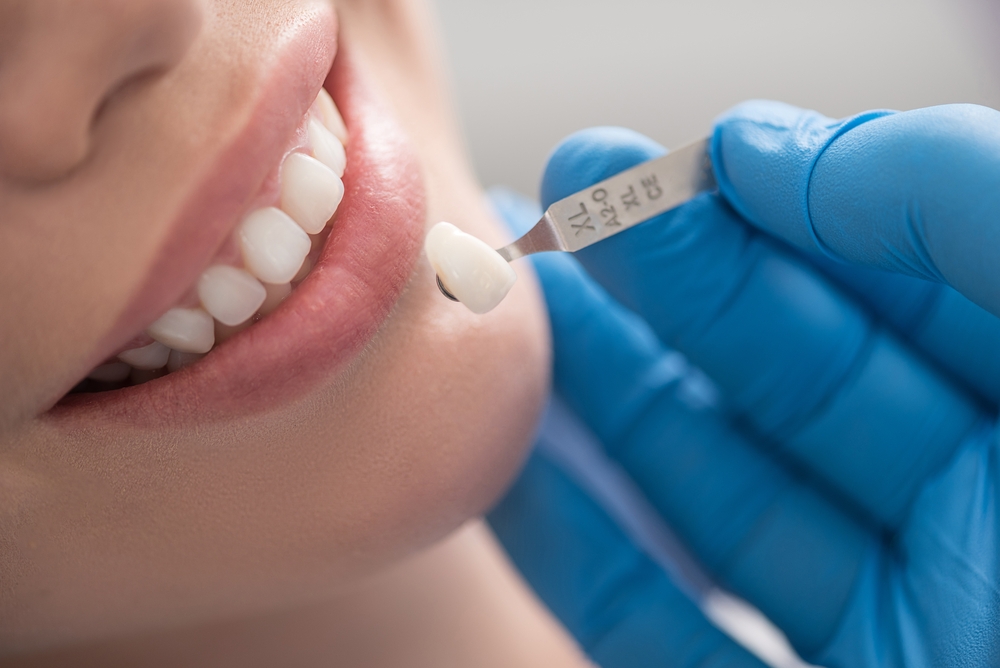When you have trouble staying asleep at night, you might simply brush it off as a bad night and go on about your day. But what do you do when you struggle to stay awake during the day or keep waking up with migraine headaches? Many people think that sleep apnea is just another part of aging, but this couldn’t be further from the truth. Instead of accepting your sleep apnea, you can get it treated with the help of a dentist!
Why Sleep Apnea is Not Normal
There are many aspects of your body that can change and develop as you age, but that does not include sleep apnea. There are multiple forms of sleep apnea that can appear; the most common form is known as obstructive sleep apnea, also known as OSA. This type of sleep apnea is characterized by a physical blockage in the mouth that prevents proper airflow while you sleep. As a result, the brain sends a stress signal to the body, forcing it to wake up and prevent you from suffocating in your sleep due to the blockage.
The blockage itself could be one of your oral muscles, such as the tongue, tonsils, soft palate or uvula. As these muscles relax, the airway narrows as you sleep, making it difficult to breathe consistently throughout the night. In order to correct this apnea, your body emits a loud snorting, choking or gasping sound.
While there are many risk factors for sleep apnea, including excess weight, smoking, diabetes, high blood pressure, narrowed airways, asthma, and a family history of sleep apnea, aging is not one of them.
Do You Have Sleep Apnea?
Sleep apnea can be difficult to look for on your own, which is why it’s important to visit a doctor even if you slightly suspect that you might have this condition. Not only can it negatively affect your family life, but it can also affect productivity at your job. The most common signs and symptoms include:
- Snoring loud enough to wake up or disturb those nearby you
- Waking up gasping or choking for air
- Pauses in your breathing during sleep
- Excessive daytime drowsiness
- Mood changes or irritability
- Waking up abruptly by gasping or choking
- Morning headaches
- Nighttime sweating
Treatments You Should Consider
Since dentists have a clear understanding of how the oral and facial structures interact, they are actually well equipped to treat conditions like sleep apnea. For example, they can provide an oral appliance that is highly customized and specifically designed to open the airway during sleep. This is done by shifting the jaw forward, which applies pressure to the throat muscles and keeps the airway free of obstructions. For more severe cases of sleep apnea, combining an oral appliance with a CPAP machine can also be effective, especially when it’s difficult to use a CPAP on higher settings.
Sleep apnea doesn’t have to be a fact of life. Schedule an appointment with a dentist to see how you can manage your condition and take back your good night’s sleep!
About the Author
Dr. Lori Anderson is more than prepared to help you determine which treatment is the best option for managing your obstructive sleep apnea. This includes highly personalized oral appliances customized to fit your mouth comfortably and effectively. To learn how you can take back your sleep, you can contact her through her website.




